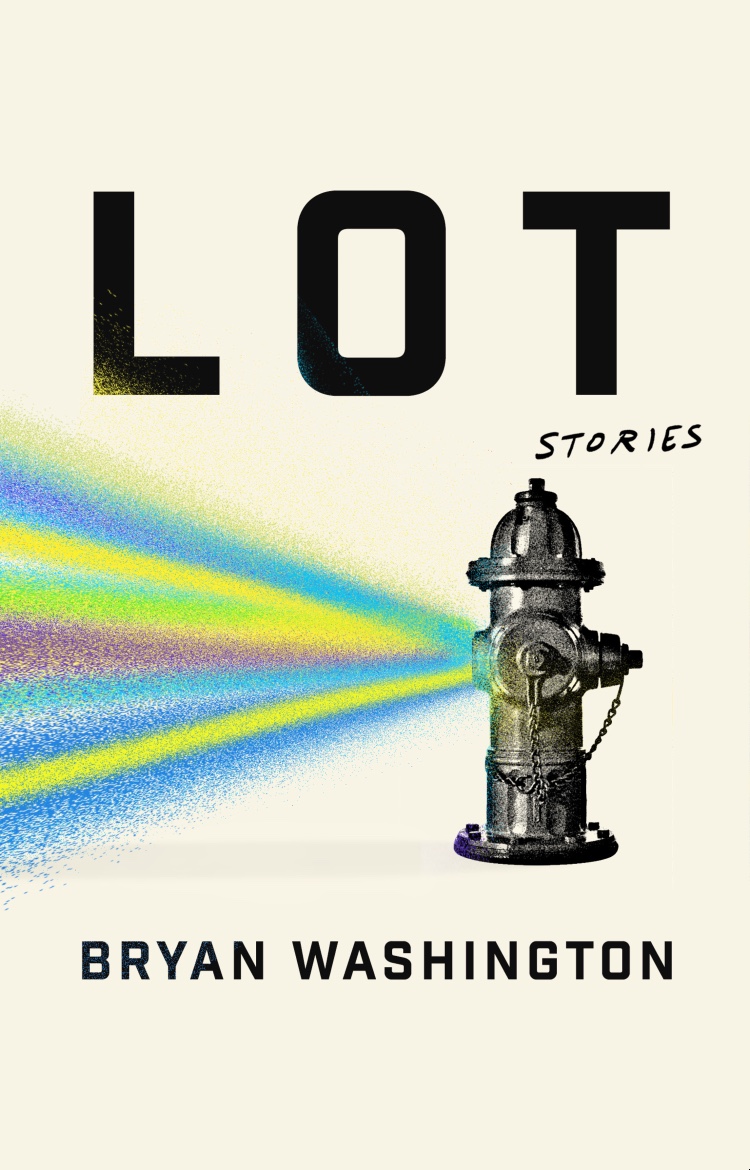
If batrock.net was a paid outlet, Lot would likely be given to a queer person of colour to review. As this is a one man outfit, that's not an option, but this review of Lot will attempt to tackle the stories contained within this collection without the air of tourism or gentrification.
Short stories, that publishing bastion which was once dominated by genre and feared by book vendors, are suddenly commercially viable. Between Nana Kwame Adjei-Brenyah's Friday Black and Bryan Washington's Lot, the form is receiving a renaissance of public attention. Lot itself is a stunning debut collection that asks the reader what constitutes a collection of short stories and what makes up a loose novel, when every story shares the same neighbourhood and most of them the same narrator. Regardless of its taxonomy, Lot is a book worth more than dipping into.
Lot details the lives of poor, queer, and down-and-out people of colour living in Houston, a city that has little love and fewer options for them. Many stories are about a boy who, as he becomes a man, deals with the absence of his father, the rejection of his brother, and the erosion of his neighbourhood through gentrification; others, separate but tangential, cover the pursuit of fantastic beasts, a makeshift family with only base loyalty to one another, and an apartment block rocked by the revelation of an open secret.
LGBT fiction is beginning to become more prominent, more publicised, more reviewed, and not just in the Young Adult arena. While it is important that young people get stories that cater to them, it is inevitable that they will age and want something that continues to speak to them. Lot details many of burdens of the LGBT experience: growing up different; being unaccepted and unspoken; but never the coming out, because these are people unable to come to terms with themselves. It's not a resistance of labels, but of the fundamental nature of their beings. Lot is not didactic, and the acknowledgements that not all gay adults have it together is in itself a form of maturity.
Lot is about support networks and their limitations; it is not difficult to see how homophobia becomes poisonously internalised when it permeates so much of a person's external life. Many of these characters are held back because they're completely hung up on their stations, their inertia blinding them to any possibilities for advancement.
Yet change is not always for the better. The "improvement†of a place robs it of its character, gentrification simply pushing denizens further out to somewhere they can afford to live until the cycle begins anew in increasingly unfamiliar environs. The Houston that the main narrator inhabits in the first story shares only a few elements in common with the one from which he leaves the reader; just because something isn't good doesn't mean that you don't need it, or that it can't get worse. The melancholia with which Washington tackles his tales permeates the book without overpowering it, understanding that social progress isn't universal, and that people can be shunted away and left behind.
Washington has a gentle humour and a definite sense of place. He never condescends to his characters or their situations, and each character — most of them functionally nameless — is easy enough to tell apart, even if two of them are anime fiends. The importance of Lot is not the diversity of voices, but the cohesion of the whole. Each new story adds something to the overall feel of the piece, if not the life of the primary narrator. They're not all equally important or even of similar lengths, but there is not a dud among them.
Lot is a sparkling short story collection with sinew and purpose. Washington has directed and deliberately structured the progression to make something that is almost but not quite a novel, connected while standing alone. Lot offers few solutions for its small ensemble, but there is something resembling hope between its pages. Lot is so good that, while you may wish that Washington would write a novel, the cumulative effect of his world building and storytelling hits the exact spot that itches inside every reader.


